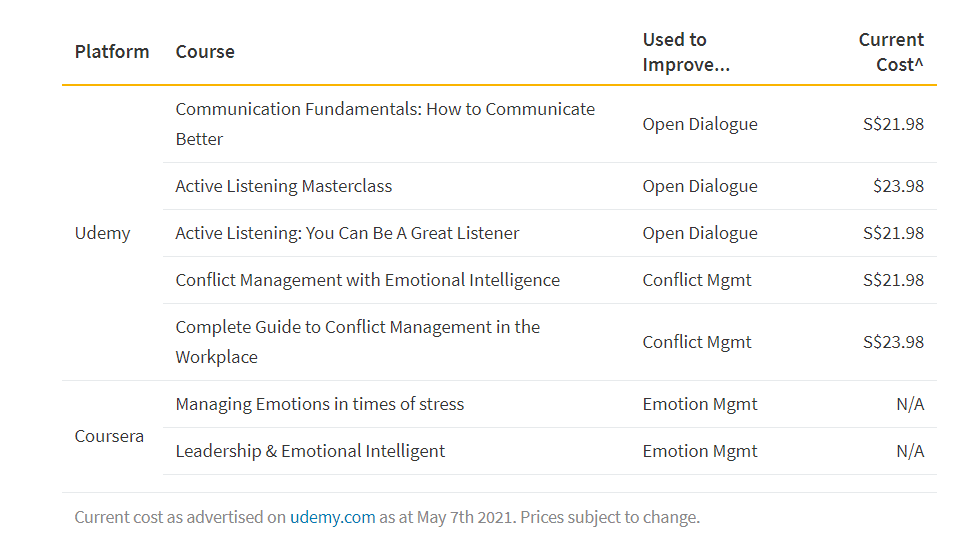
Why IPOs – not SPACs – will run a longer course in Asia’s future; While the Southeast Asia’s unicorns are indeed signalling a shift, it won’t necessarily mean the death-knell for IPOs; One reason why IPOs won’t be going away in SEA anytime soon is that last year alone, there were 100+ IPOs conducted in the region – raising nearly US$50bn in funds and contributing to a regional capitalisation of almost US$30bn.
Gojek, Tokopedia merge to become GoTo; It has estimated combined valuation of US$18bn; Gojek’s Andre Soelistyo will become GoTo Group CEO and Tokopedia’s Patrick Cao as group President; GoTo will continue to focus on markets where Gojek already operates, including Indonesia, Singapore and Vietnam; It will also form GoTo Financial, which encompasses GoPay and the group’s merchant and financial services offerings.
SEA’s VCs close US$694mn in total funding in Q1 2021; B Capital led the pack with US$415mn; Openspace Ventures followed with US$200mn third fund; Global VCs with a mandate to invest in SEA also secured capital for new funds in Q1.
Eat Just’s unit GOOD Meat secures US$170M to bring meat made from animal cells to Singapore; Investors include UBS O’Connor, Graphene Ventures and K3 Ventures; GOOD Meat will replace conventional chicken for delivery on Thursdays beginning May 20 at Madame Fan, which is run by JW Marriott Singapore.
Singapore biotherapeutics firm Hummingbird bags US$125mn Series C; Investors are Novo Holdings (led), Frazier Healthcare Partners, Octagon Capital, and EDBI; Hummingbird will use the funds to advance the clinical development of its assets, including its antibody products for fighting tumours.
B2B cross-border payments company Thunes bags US$60mn Series B; Investors include Insight Partners, GGV Capital, Helios Investment and Checkout.com; Thunes is used by global banks, money transfer operators, platforms and other businesses to make payments to bank accounts, mobile wallets and cash pick-up providers around the world; It claims to connect 260+ customers and network partners from 110 countries.
Digital ledger app BukuKas bags US$50mn in Series B to expand its services offered to merchants; Investors include Gokul Rajaram of DoorDash and Wise founder Taavet Hinrikus; By the end of 2022, it aims to onboard 20mn MSMEs on its platform; Early this year, it raised US$10mn Series A led by Sequoia India.
E-commerce enabler Great Deals closes US$30mn Series B; Investors are Fast Group (lead), CVC Capital Partners, and Navegar; Great Deals will use the money for tech development and the construction of an automated state-of-the-art fulfilment centre in Philippines; The firm caters to brands such as Abbott, L’Oréal, Unilever, Nestle, Samsonite, GSK, Bayer, and Fila.
UTEC, one of Asia’s largest deep-tech investment firms, launches new US$275mn fund; UTEC is an independent firm that works closely with universities, including Singapore’s NUS; UTEC focuses on healthcare and life sciences, IT and physical sciences and engineering; It will invest in seed/early to pre-IPO/M&A stages in Japan, SEA and worldwide.
Affable.ai raises US$2mn to expand its influencer marketing service to the US; Investors are Prime Venture Partners, Decacorn Capital, and SGInnovate; Affable.ai uses Machine Learning and Big Data analytics to help brands run high-impact influencer marketing campaigns.
Woowa Brothers injects US$1.5mn into Malaysian shopping aggregator iPrice; The capital will go into enhancing product and accelerating the rollout of partnerships; In March 2020, the products comparison startup raised Series B led by ACA Investments.
Indonesia’s B2C remittance startup Transfez raises seed funding co-led by East Ventures and Beenext; The funds will be used for product development and market penetration and extend its service in the B2B payments sector; Transfez allows users to transfer money across 50 countries in 26 currencies at a cost that is ‘up to 10x cheaper than banks’.
Esports Players League (ESPL) raises pre-Series A to grow its e-sports platform for grassroot gamers; Backers include RightBridge Ventures (led), Genting Ventures, Warner Music Asia, Datuk Wira SM Faisal, and Puncak Geliga Capital; ESPL has managed to organise 312 tournaments across 16 countries and have plans of growing the platform further;
Bukalapak buys 500 Startups-backed Itemku; The acquisition will help Itemku reach a wider audience in Indonesia through Bukalapak’s network; Itemku is a price comparison and marketplace for game credits and items in Indonesia; It has raised US$1.2mn Series A round from 500 Startups and Korean VC K-Run Ventures.
B2B farm-to-table marketplace Secai Marche raised US$1.5mn pre-Series A; Investors are Rakuten Ventures and Beyond Next Ventures; The company will use the money to expand fulfilment services, logistics, inventory, packing and picking.
Former Doctor Anywhere CEO’s new pet telehealth startup ZumVet bags seed funding; Investors are Pine Venture Partners (led), Aetius Capital and Purpose Venture Capital; Through ZumVet, pet owners can have online consultations and even schedule house visits with a vet; It also provides users with digital medical record and medicine delivery services for their pets.
5 plant-based foods trends revealed at Big Idea Venture’s tasting event; As more consumers adopt the new diet, plant-based food should offer not just the right taste, smell and price but also the right texture; Singapore was the first country in the world to give approval to the commercialisation of cell-based meat.
Unlikely mentors: What kids can teach you about entrepreneurship; Just like curious kids, you must seek out information, grow new theories, convert theories into actionable ideas, and then execute them. Asking questions and taking a game-based approach to critical thinking will make sure you remain nimble and develop potential solutions for problems your customers are facing.
Adoption of AI tools continue to grow in Singapore; AI seeks to simulate human abilities such as problem-solving, learning, planning and predicting; Widely held AI tools include virtual assistants or chatbots and data security threat detectors, as the pandemic forced more work to go remote and spurred more cyber crooks to go on their hunt.
—
Photo by Sandy Millar on Unsplash
The post Ecosystem Roundup: Will SPACs sound the death knell for IPOs in SEA? appeared first on e27.




















